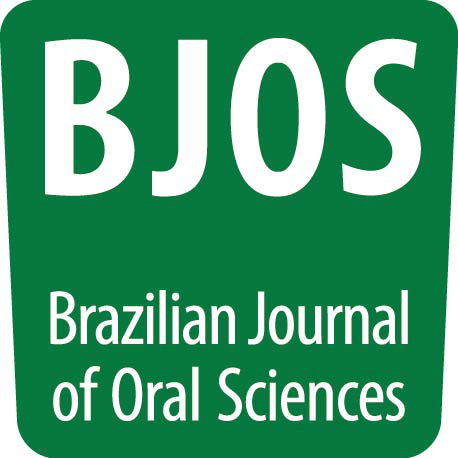AIM:
To evaluate changes in blood pressure and heart rate in patients undergoing dental implant procedures, considering the dental setting as the main variable.
METHODS:
Fifty-five patients who underwent dental implant surgery were evaluated. Thirty-seven were treated at a university clinic and 18 were treated at a private office. Blood pressure and heart rate were measured at the following time-points: at the appointment prior to surgery (T0), immediately before the surgical procedure (T1), during anesthesia (T2), during implant installation (T3), immediately after the surgical procedure (T4) and at the first follow-up appointment after surgery (T5). The data were analyzed by two-way analysis of variance and Student's t-test.
RESULTS
: The university clinic patients had an increase in heart rate at T5 (t53=2.62, p<0.05) compared with private office patients. Systolic blood pressure in university clinic patients was higher at T2 (t53=2.86, p<0.01), T3 (t53=2.64, p<0.05), and T4 (t53=3.15, p<0.01). Diastolic blood pressure at T2 (t53=3.15, p<0.01) and T3 (t53=3.86, p<0.01) were also higher in university clinic patients.
CONCLUSIONS
: These results suggest that the dental setting is a relevant factor when planning dental implant surgery.
dental implants; blood pressure; heart rate



